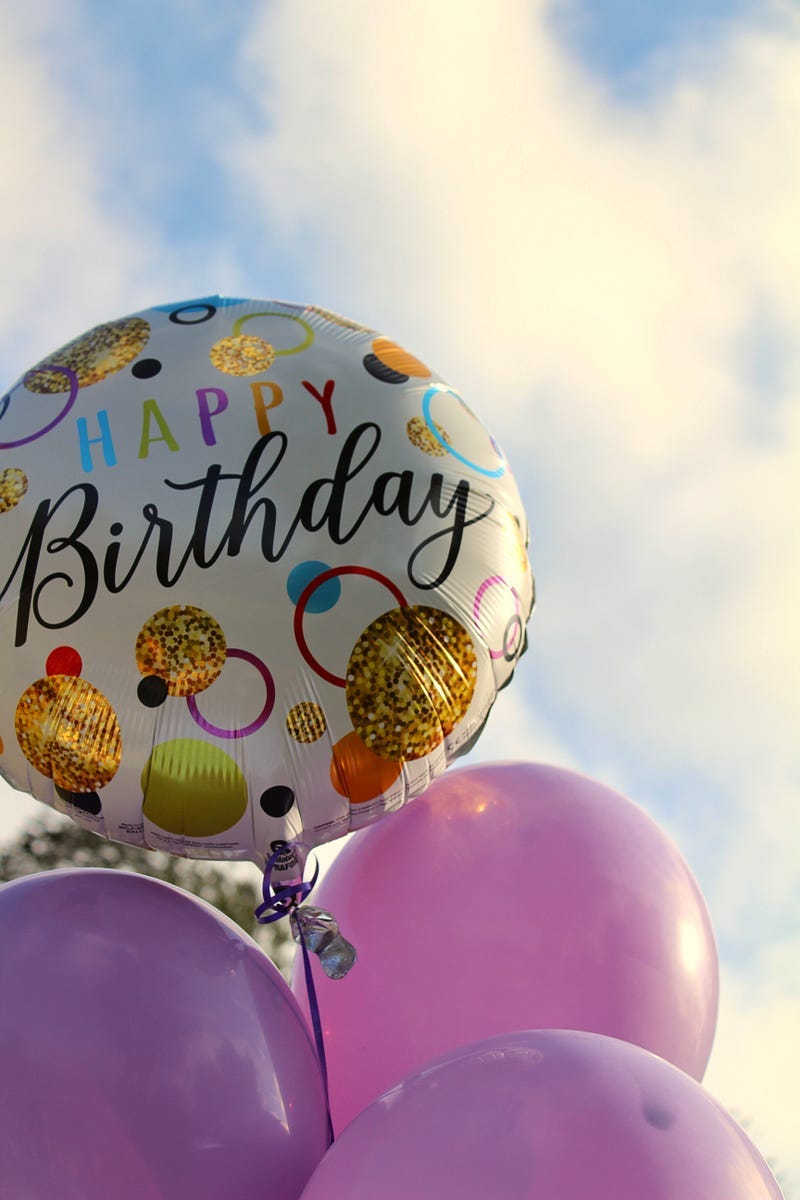Went to a Russian Child's Birthday the Other Day in Portugal
Despite all of the craziness and heartbreak, kids overcome by playing

We were invited to a kid’s play center for the 9-year-old’s birthday. We will call her Lara. The place is popular for birthdays, and our son loves it. Some of the parents stay while their children play and sit above the play area in a cafe, sip on beers, and watch their kids squeal with delight.
Lara’s family comes from the city of Tver, which is not far from Moscow. Despite having just completed furnishing their new apartment in Russia, before they moved in, they left Russia. The father refused to let his kids go to schools that were bending over backward to be the most supportive of Putin’s war of genocide. Not particularly political, he didn’t want his children to learn that that war was a good thing for Russia, so they took their four kids and left.
When you enter the indoor playground, the children are met cheerfully by the teen employees. Led to a small cloakroom in full view of the parents, the children switch out of their shoes and are then set free in their socks like young bulls at a corrida. We watched as our son took off like a shot out of a cannon and raced up, down, around, under, over, and all over again. In total, 24 kids were invited to the party. Most of the parents left and came back at the end, but a handful stayed.
The handful that stayed tend to be the newcomers to Portugal, which means all non-Portuguese. It is customary in Portugal to drop the kids off at the door and flee as fast as possible. The parents welcome the downtime. Sitting in the cafe, the mood was festive but always tinged with the fond memories of kid’s parties in Russia or Ukraine. No one mentions where the parties occurred, but there is just the “Before we so-and-so had her birthday and we did this…”
It is not acceptable to go on too much about such memories because it upsets everyone. Heads shake in recognition that such memories are common, but eyes drift away also to indicate that going on about such memories is not appreciated. Everyone is quietly suffering but keeps their mouths shut for the kids’ sake.
As the conversation flitted about and everyone did their best to find fun, positive things to talk about, my wife asked if the party was mostly Russian speaking. Lara’s mother replied:
“There are 11 Russian-speaking kids, five who are from Ukraine, two from Spain, one American boy, and the rest from Portugal and Brazil.”
After more than an hour of the kids running and playing non-stop, they were herded to a special area with lights strung up, balloons hanging, and other festive decorations. The 24 kids took their places, and a big cake was carried out. The children sang in four languages as loud as they could, “Happy birthday.” The American boy was shy, but most of the kids knew the English version.
All of the parents, including the Portuguese ones who had returned for their kids, looked from the cafe above the play area, and for a second, maybe two, every parent present was stunned by how easy the kids made the process of assimilating look so easy. Even the Brazilians who had moved to Portugal were escaping communities rancid from violent crime.
We all spent a fair amount of time each day in our heads, assessing our “new lives.” The Portuguese, too, were trying to come to terms with the influx of so many new faces. Some days were easier than others. Some days, you wish it could be like it was. Some parents spend a lot of time looking back and planning lives “once the war is over.”
The kids, so amazingly, sweetly, and innocently, play, and somehow it all comes together.
As we made our way downstairs to collect our excited and cake-filled children, the sound of 5 languages echoed through the reception area:
“Did you have fun?”
“Yeaaah!”
“Did you like the cake?”
“Of course, who doesn’t like cake?!”
“Say thank you…”
They all said thank you.
Sometimes, I wish I could just spend a day playing.


